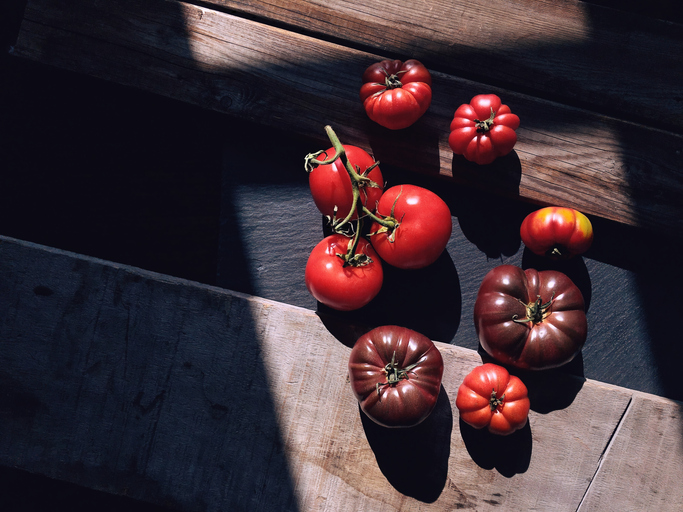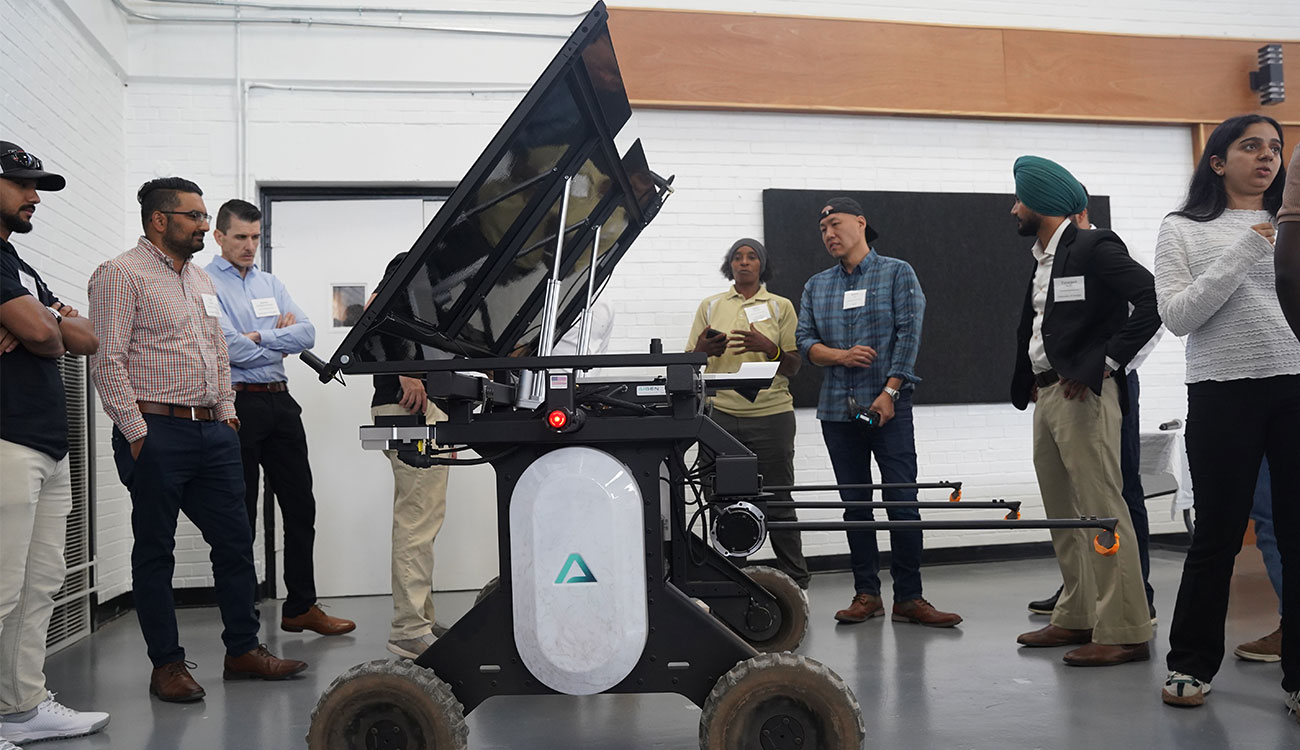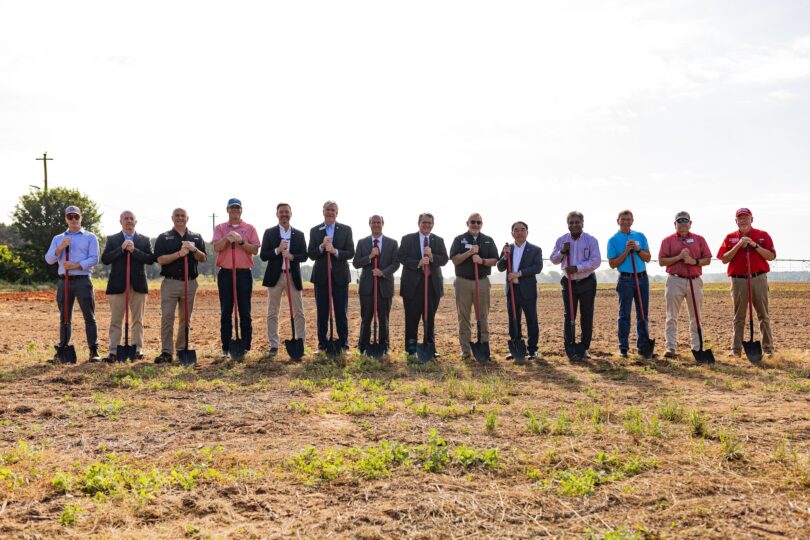By Brad Haire
University of Georgia
Methyl bromide is an efficient, reliable fumigant used worldwide to kill bugs, weeds and other pests. For the past half-century, it's been used primarily as a soil fumigant for many farm crops.
Critical
It's "the best game in town" for vegetable growers, said Ken Seebold, a plant pathologist with the University of Georgia College of Agricultural and Environmental Sciences. They use it to quickly sterilize their soil beds before planting."The growers in one step can use it to control most of the soil plant pathogens, nematodes and weeds," he said. "This gives their young transplants a critical head start."
But an international monitoring group has slated methyl bromide to be completely phased out of production and use by Dec. 31, 2004.
Vegetable farmers are concerned. They have no viable alternative, Seebold said, to do what methyl bromide does so effectively for them. The growers recently got a critical-use exemption to use methyl bromide through 2005. But that's only a temporary reprieve.
Natural fumigant
Seebold and a team of CAES scientists are trying to develop a management strategy that will use a natural fumigant found in brassica crops -- collards and their cousins. They're working on a $422,000 grant from the U.S. Department of Agriculture.Brassica crops contain compounds called glucosinolates. When these compounds break down in soil, Seebold said, they release isothiocyanates, which can kill soil pests in much the same way methyl bromide does.
This natural fumigation quality of the brassica family has been known for years, Seebold said. But no viable way has been developed to use it economically on a vegetable farm.
Over the next three years, Seebold and his team will grow local and exotic brassica crops and monitor the fumigation potential of each. Because brassicas are generally lower-value crops, farmers don't fumigate beds before planting them.
The scientists will work out a system that might allow a farmer to grow these crops specifically to till back into the ground to break down and fumigate the soil in preparation for higher-value crops like tomatoes, cucumbers or squash.
The farmer could harvest part of his brassica crop for market and till in the rest to use as a fumigant, he said.
"The most important thing for any alternative to methyl bromide is to be economically viable for the farmer," he said.
Protocol
The Montreal Protocol is an international treaty to control the production and trade of ozone-depleting substances. More than 160 countries signed it, including the United States.In 1992, its regulating board found that methyl bromide depleted the ozone layer and would have to be phased out of production and use. Barring any further critical-use exemptions, methyl bromide is slated to be completely banned by 2005.
The United States uses about 21,000 tons of methyl bromide annually. Agriculture uses the lion's share of this.
The U.S. Animal and Plant Health Inspection Service also uses it to fumigate foreign commodity shipments for invasive species. A small amount is used to fumigate buildings.






